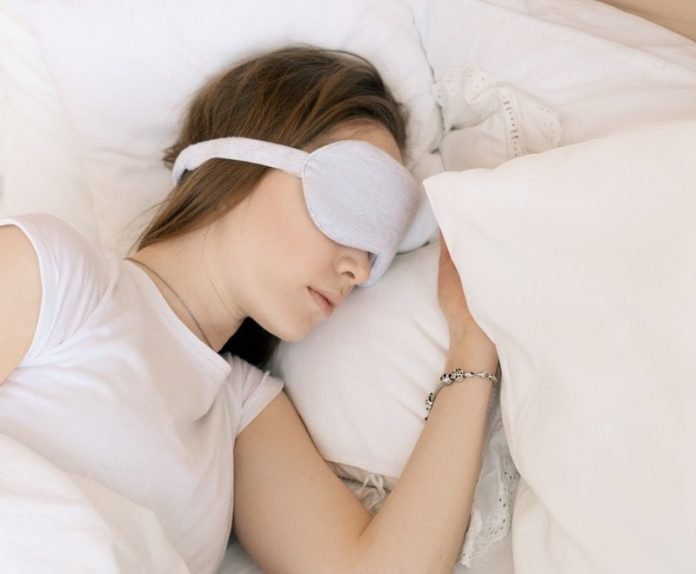
In a new study from the University of São Paulo, researchers found exercise may help reduce symptoms of a common sleep disorder and improve brain function.
They found exercise training could be a useful supplemental treatment for people with moderate to severe obstructive sleep apnea.
The condition is characterized by loud snoring and disrupted breathing and can raise the risk for heart disease, stroke and cognitive decline.
It is typically treated with continuous positive airway pressure, or CPAP, a machine that pushes air through a mask into the airway to keep it open while a person sleeps.
Estimates show obstructive sleep apnea affects roughly 9% to 38% of U.S. adults, though many cases are thought to be undiagnosed. It is more common in men than women and becomes more prevalent as people age.
The condition often is associated with obesity, which can narrow the airway at the back of the throat, making it harder to breathe while lying down.
Cigarette smoking, family history, nasal congestion, back sleeping, drinking alcohol, having a thicker neck or narrow throat and some hormone abnormalities also can contribute to the condition. Some medical conditions, such as Type 2 diabetes, also raise the risk for sleep apnea.
Previous studies have shown people with sleep apnea experience a decrease in brain glucose metabolism, or the brain’s ability to upload and properly use glucose, its main source of fuel. This can impair cognitive function.
In the study, the team examined 47 Brazilian adults with moderate to severe obstructive sleep apnea. Half took part in 60 minutes of supervised exercise three times per week for six months. The other half did not.
The supervised exercise included five minutes of warming up; 25-40 minutes riding a stationary bicycle, 10 minutes of muscle strengthening and five minutes of cooling down.
At the end of six months, those in the exercise group showed an increased capacity for exercise; improvements in the brain’s ability to use glucose; reductions in sleep apnea symptoms; and a boost in cognitive function, including a 32% improvement in attention and executive function.
Those who did not exercise experienced no changes except a decline in brain glucose metabolism.
The findings are important because they show exercise could benefit brain health in people with sleep disorders. The research makes a good case as to why exercise should be added to the treatment strategy for sleep apnea.
If you care about sleep health, please read studies about this sleep issue may strongly harm your heart and findings of this sleep supplement may help prevent memory loss, cognitive decline.
For more information about sleep and your health, please see recent studies about this sleep disorder common in people with thinking and memory problems and results showing that common high blood pressure drugs may contribute to sleep loss.
The study was presented at the AHA’s Hypertension Scientific Sessions virtual conference. One author of the study is Linda Massako Ueno-Pardi.
Copyright © 2021 Knowridge Science Report. All rights reserved.



